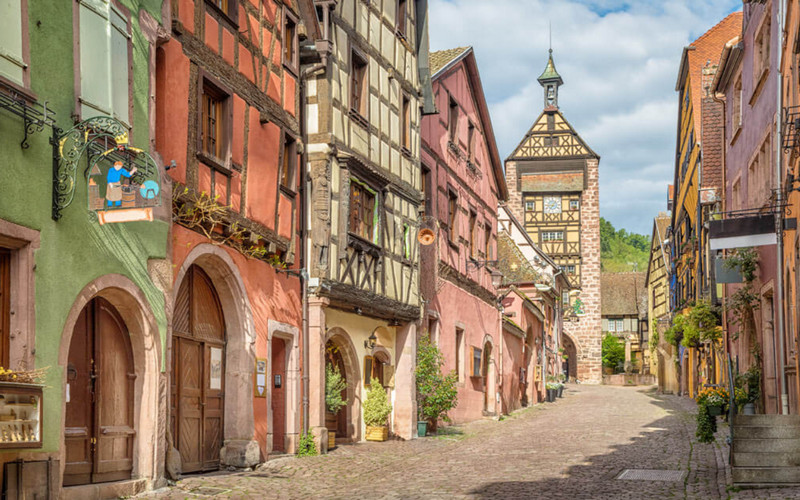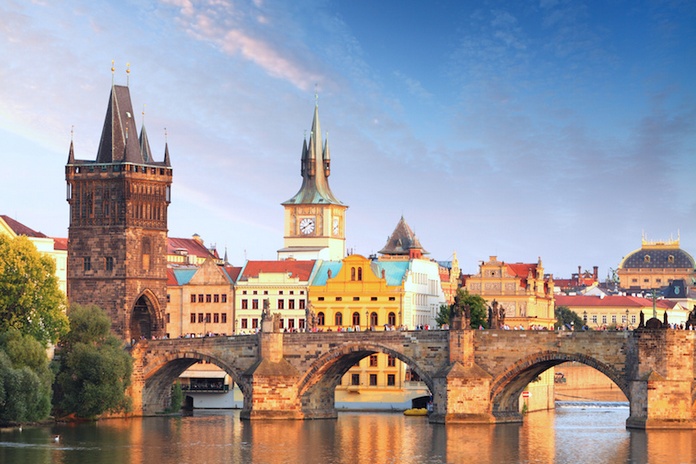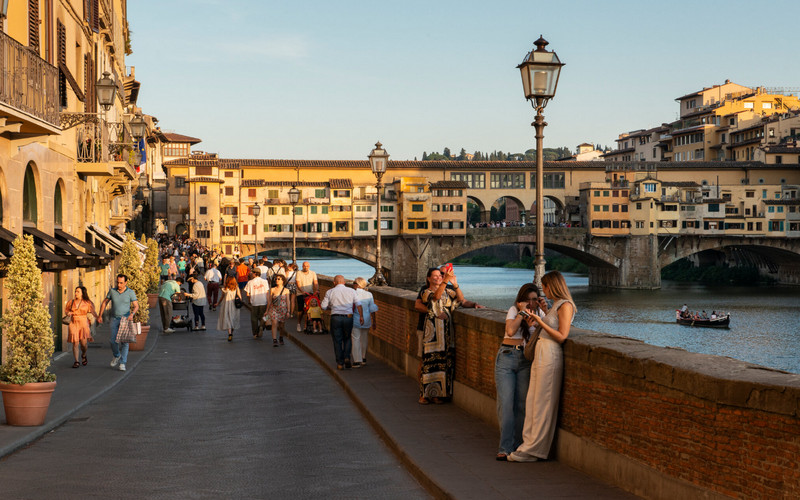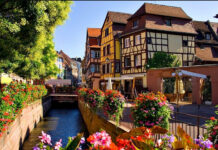Strategic Planning for Economical Travel

The bedrock of successful budget travel lies in careful planning and thoughtful decision-making. Commence your journey by delving into in-depth research on your chosen destinations, accommodations, and transportation options. Seek out cities that are kind to your wallet, contemplate a visit during the shoulder seasons for reduced costs, and explore unconventional lodging choices such as hostels, guesthouses, or budget hotels.
Flexibility in Travel Dates: Embrace Off-Peak Seasons

The timing of your trip can have a significant impact on your overall expenses. Opting for off-peak seasons not only ensures a more tranquil experience but also secures lower prices for accommodations and flights. Be adaptable with your travel dates, as even a slight adjustment can lead to substantial savings.
Exploring Budget-Friendly Transportation: Airlines and Trains

Europe boasts an expansive network of budget airlines and efficient train services, facilitating affordable city-hopping. Keep an eye out for discounted flights, particularly with low-cost carriers, and consider investing in a rail pass if your itinerary includes multiple destinations.
Budget Accommodations: Embracing Affordability and Sociability

While accommodations can be a significant expense, Europe offers an abundance of budget-friendly options. Hostels not only provide affordable stays but also offer a social atmosphere, enabling connections with fellow travelers. Additionally, platforms like Airbnb can provide cost-effective and locally immersive lodging experiences.
Economical City Navigation: Public Transportation

European cities typically boast well-developed public transportation systems. Opt for metro, buses, and trams over expensive taxis. Many cities offer multi-day transportation passes, providing both cost savings and unlimited travel within a specified timeframe.
Savoring Affordable Delights: Eating Like a Local

While dining out in Europe can be expensive, there are savvy ways to enjoy local cuisine without breaking the bank. Explore local markets, street food stalls, and budget-friendly eateries to relish authentic flavors at a fraction of the cost. Additionally, consider grocery stores for wallet-friendly meals.
Minimizing Extra Expenses: Smart Packing

Light packing not only avoids baggage fees but also simplifies your travel experience. Choose a versatile wardrobe suitable for various climates. Don’t forget essentials like a refillable water bottle to save on buying bottled water, and carry items such as a power bank, universal adapter, and a reusable shopping bag for impromptu purchases.
Exploring Cities Without Spending: Free Walking Tours

Many European cities offer free walking tours led by local guides, providing insights into key landmarks, history, and culture. These tours are an excellent way to explore major attractions without spending money, though it’s customary to tip your guide at the end.
Unlocking Savings: Museum and Attraction Passes

Several cities offer passes granting discounted access to multiple museums and attractions. Consider investing in these passes if you plan to explore several cultural sites. Additionally, some museums offer free entry on specific days or during certain hours, so plan your visits accordingly.
Discovering Hidden Gems: Connecting with Locals

Locals often hold the key to hidden gems and budget-friendly spots. Connect with them through social platforms, attend local events, or strike up a conversation. Their recommendations can lead you to off-the-beaten-path eateries, unique experiences, and budget-friendly attractions. In conclusion, budget travel in Europe is not about sacrificing experiences but rather maximizing them through strategic planning and a savvy approach. By meticulously organizing your trip, making informed choices, and immersing yourself in local culture, you can craft a memorable European adventure without straining your wallet.





















